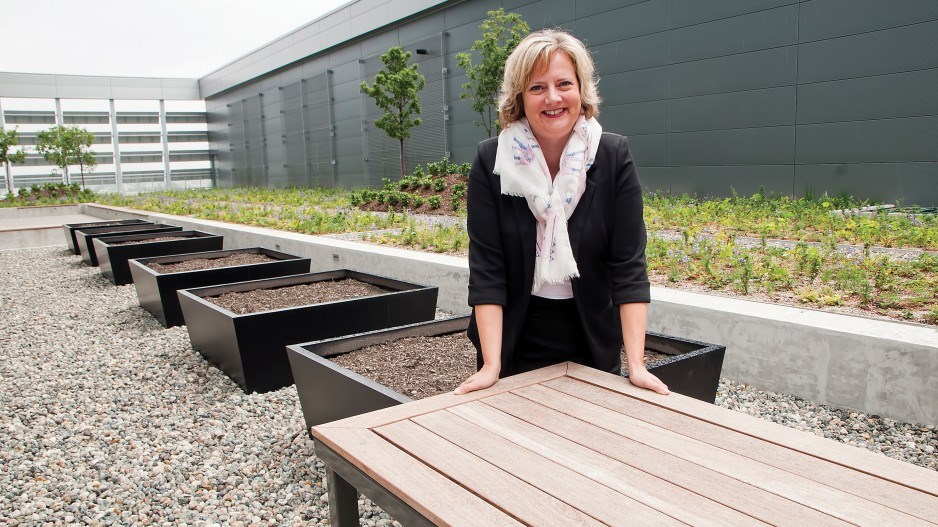When the City of Vancouver rolled out its ambitious ‘Greenest City’ campaign three years ago, and then put teeth into its building codes to back it up, many real estate developers were doubtful, even afraid.
After all, city staff claimed that buildings are responsible for 41 per cent of greenhouse gas emissions, making the real estate sector a prime target for Canada’s most demanding green agenda.
The city plan is aggressive: to make Vancouver the greenest city in the world by 2020 and to power the city exclusively by renewable sources of energy by 2050, or even earlier.
“Commercial real estate had been skeptical about the real dollar value of going green and building managers were hesitant to invest in green certification without clear data that it pays off,” notes a report from Colliers International.
But the data is now in, Colliers notes, and it has proven that “going green pays, and tenants care about [green] certification.”
One need look no further than the $400 million, mixed-use Marine Gateway development by PCI Developments Group that straddles the Canada Line transit station on South Cambie in Vancouver. Marine Gateway was one of the fastest-selling condo projects in Vancouver’s history when it went on sale four years ago, and all of its retail space was leased up quickly.
The one-block site, which opened April 7 after 36 months of construction, is now home to 461 homes, a 14-storey office tower that is about 50 per cent full and 27 busy retail spaces covering 240,000 square feet.
Built to the LEED (Leadership in Energy and Environmental Design) Gold certification standard, Marine Gateway is one of Vancouver’s district energy systems that act as power hub for surrounding buildings. The system uses more than 300 geothermal wells drilled on site to provide heat and cooling. The project also boasts an ambient loop that takes excess heat from commercial users to heat water for residential units; a modern water preservation system; double-glazed windows with sun screen;, car-sharing; and bicycle storage, as well as direct transit access to both the Canada Line and the south Vancouver bus loop that handles 500 buses a day.
“These are very robust and green buildings,” understates PCI president Andrew Grant.
That was recognized this year when Marine Gateway captured the Leadership in Environmental Advancement Program (LEAP) Award from the Healthcare of Ontario Pension Plan, which includes Marine Gateway in its portfolio.
But high demand and laurels are not the only green plus for PCI property manager Laura Malley, who notes a high level of tenant and resident satisfaction with the low-cost, comfortable climate control. “I am a very happy property manager,” she said.
This is apparently a typical response in modern, green buildings, according to a study of 300 North American office buildings by Bentall Kennedy. The survey found that office rental rates were up to 15 per cent higher in LEED-certified buildings and occupancy rates were eight per cent higher.
Sean Pander, green building manager with the city of Vancouver’s sustainability group, said city staff will present a fresh round of green initiatives this July. These proposals aim to ensure that all new and existing buildings will eliminate greenhouse gas emissions and use only renewable energy by as early as 2030.
“We are pleased with the progress [of the action plan] so far ” Pander said, but added that more needs to be done. The new round of initiatives, he said, will concentrate on residential buildings, which make up 85 per cent of all new construction in the city. The latest proposals, he said, will call for “ two pathways”– one to improve building performance and the other to increase renewable energy sources.




